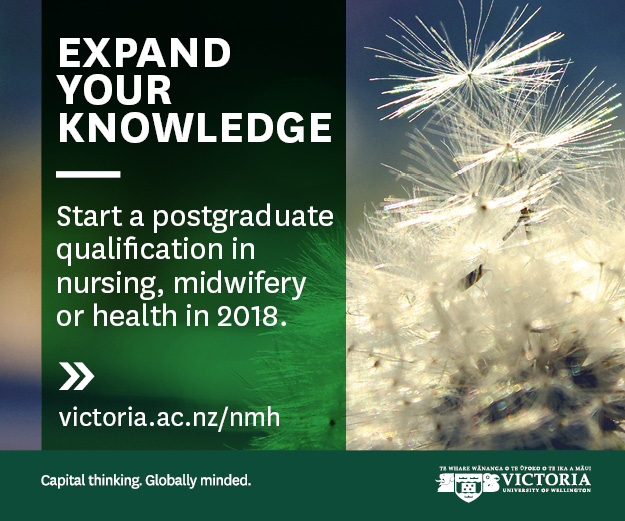Nearly half of Australian nurse respondents to a survey were bullying targets and nearly 60 per cent had witnessed workplace bullying, Australian research has found.
But workplace and incivility is less common in hospitals where line managers show ‘authentic leadership’ behaviours, reported researcher Professor Stephen Teo at this month’s Australian and New Zealand Academy of Management Conference.
He reported that 59 per cent of the 230 nurses surveyed recounted witnessing bullying in their workplace, while 48 per cent reported being a target. Of the bullying targets, 39 per cent experienced bullying now and then, while 12 per cent went through the ordeal several times a week.
Teo, of Cowan University’s Centre for Work and Organisational Performance, said the high level of bullying partly reflected the healthcare sector where people were often promoted primarily based on their clinical skills and the soft skills, such as managing people and relationships, were considered secondary.
“The pressure of the medical field can expose weaknesses, so a manager may react abruptly and be snappy, and if that isn’t addressed, it can become normal,” said Teo. “This has a trickle-down effect on how those around them act.”
His research considered the impact of civility – which included not just traditional workplace bullying but also behaviours like rudeness, creating feelings of exclusion, unfair work distribution and negative body language or tone.
He said nurses that witnessed or experienced incivility were 52 per cent more likely to report psychological stress, which had been linked to increased health problems, turnover and decreased efficiency.
But in workplaces were line managers, like charge nurse mangers, demonstrated ‘authentic leadership’ characteristics like honesty than nurses’ perception of incivility was 37.5 per cent lower, which in turn reduced stress.
“Authentic leaders model positive social behaviours while being self-aware and open and honest,” Teo said. “They embody the organisation’s professed values, even if they aren’t perfect.”
His research also found that nurses who felt they and their organisation had shared values, experienced lower levels of workplace incivility and psychological stress.
“Overall, our research suggests healthcare organisations need to put more emphasis on training to provide line managers with skills and tools to navigate the human side of work,” Teo said.
BULLYING RESOURCES
- New Zealand Nurses Organisation workplace bullying information and guidance: nzno.org.nz/bullyfree
- WorkSafe New Zealand bullying prevention tools:
- Lifeline – 0800 543 354 or 09 5222 999 within Auckland.





















